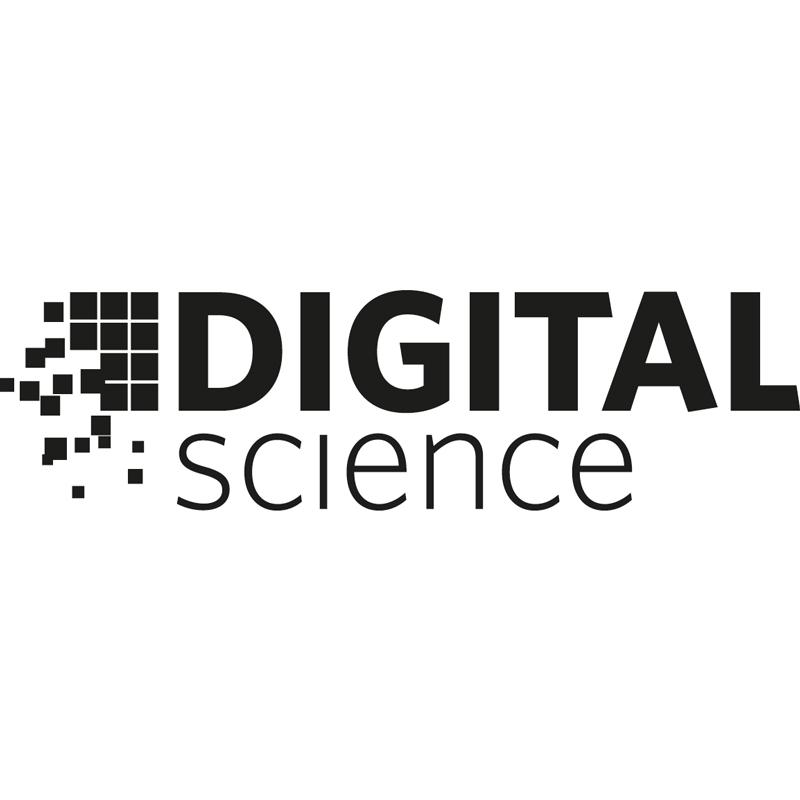
Enhancing research integrity and impact in APAC using data
Reports of unethical research practices in recent years have eroded public trust in research. Regaining this trust is an important objective for higher education institutions and the research community. Universities are now exploring innovative ways to ensure research integrity and impact using technology and data.
A Times Higher Education webinar, held in partnership with Digital Science, brought together experts on research across the Asia-Pacific region to discuss ways to publish quality research and the role of universities in driving this change.
Maintaining research integrity is at the heart of building public trust in research, the panel heard. Kathryn Weber-Boer, technical product solutions manager at Digital Science, explained this can be achieved using elements such as trust markers, which are indicators that signal transparency and reproducibility of academic research using specific details and attributes.
“Trust markers we have developed are based on the behaviour of researchers when publishing papers,” said Weber-Boer. They highlight indicators associated with integrity and data principles such as findability, accessibility, interoperability and reusability, commonly abbreviated as FAIR. These serve as benchmarks for assessing research integrity and promoting high-quality publication practices. Examples of trust markers include statements on author contribution, data availability, ethical approval and competing interests. “We now have over 200 million trust marker data points. We have been able to gather a richer view of the landscape of trust markers,” she said.
Anne Harvey, managing director for Asia Pacific at Digital Science, pointed out that there has been a focus shift in research culture toward integrity. “Funders are now making a focus of ensuring that we trust the research that is being produced,” said Harvey. Institutions around the world are responding to this change. “We are starting to see more open access publishers employ these trust markers as part of their submission process.”
“We need to move to a model where research is more inherently trustworthy because of how it’s structured," said Marcus Munafò, associate pro vice-chancellor for research culture at the University of Bristol. Universities can get inspired by other sectors, he said, sharing examples of quality assurance processes in automobile and pharmaceutical industries where thorough checks are made at every stage. Transparency, engendered by open research and captured by various markers, can serve as a quality control measure in research processes, he said.
Strong links with industry can better support universities to achieve this, said Saurabh Sinha, executive dean at the University of Canterbury. It is important to adopt a data-driven approach and leverage new technological tools to identify the right industry partners and measure impact, explained Sinha.
“Trust markers alone are not enough,” said Harvey. Different stakeholders should work together to shift the research culture through better processes and practice, data-driven evidence and reviewing and tracking, she concluded.
The panel:
- Kathryn Weber-Boer, technical product solutions manager, Digital Science
- Ishan Cader, director of consultancy, Times Higher Education (chair)
- Anne Harvey, managing director for Asia Pacific, Digital Science
- Marcus Munafò, associate pro vice-chancellor for research culture, University of Bristol
- Saurabh Sinha, executive dean, University of Canterbury
Working in partnership with the research community, Digital Science tackles some of the biggest challenges to research. Its solutions support all stages of the research life cycle and are used by 21 of Times Higher Education’s top 25 globally ranked institutions. Find out more about how Digital Science for Academic.
Dimensions maps the entire research life cycle, transforming the way research is discovered, accessed and evaluated. It covers millions of research publications connected by more than 1.7 billion citations, supporting grants, datasets, clinical trials, patents and policy documents. Find out more about Dimensions for Academic.

